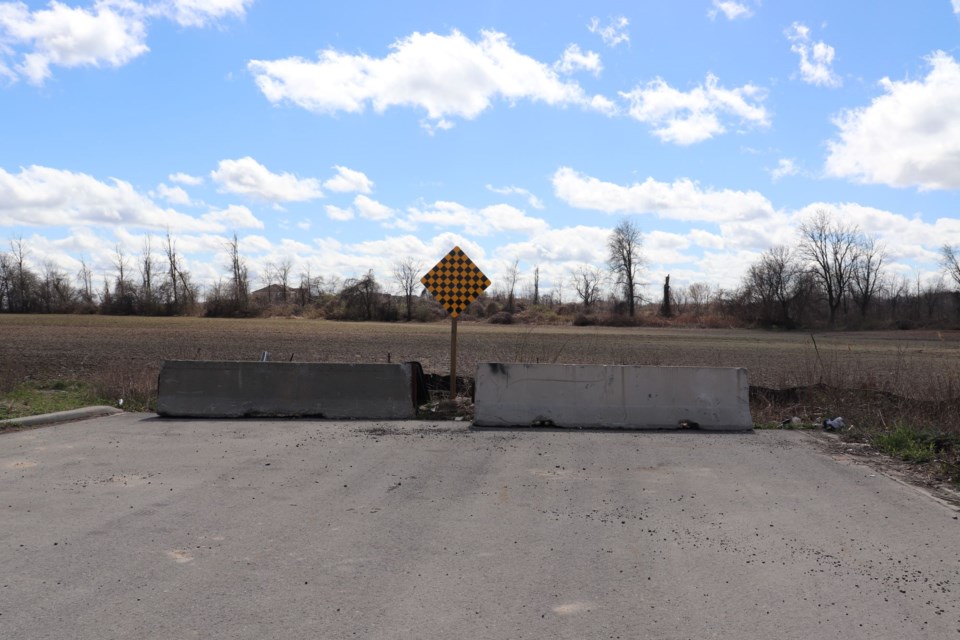EDITOR'S NOTE: This article orginally appeared on FlamboroughToday April 21, 2024.
The long-awaited Waterdown bypass has the green light again, with plans for an extensive archaeological dig going ahead in the area.
The archaeological dig in the path of the “East-West Corridor Project” - also known as the Waterdown bypass - took an almost three-year pause while the city and four First Nations groups made a plan for a more extensive investigation.
"Given the importance of protecting Indigenous heritage, the First Nations requested fieldwork be suspended until an acceptable strategy was developed," says Ward 15 Coun. Ted McMeekin.
The Waterdown bypass will likely continue construction in 2026, according to a post by McMeekin. The archaeological dig will restart this spring, said engineering services director Jackie Kennedy
McMeekin said the delay has caused the city’s engineering department to prioritize other projects for 2024.
“The city will soon move forward with the replacement of the bridge over Grindstone Creek along Dundas Street, as well as the resurfacing of Dundas Street between Reynold Street and Burke Street,” he wrote.
City expands archaeological investigation in bypass path
In July 2022, archaeologists working on the dig found that some sites unearthed by the assessment continued onto private property near the path of the bypass.
The City of Hamilton worked with four First Nations groups to create a plan to move forward. Those groups were Mississaugas of the Credit First Nation, Huron-Wendat Nation and the Haudenosaunee, represented by the Six Nations of the Grand River Elected Council and the Haudenosaunee Confederacy Chiefs Council.
In Sept. 2023, according to Kennedy, the city notified residents on Parkside Drive about furthering the archaeological study.
The city will use both a short-term and a long-term strategy to acknowledge concerns from the four First Nations groups about the study. In the short-term, the city will create a 10-metre easement on private properties near the bypass path to conduct the study.
The long-term strategy, depending on what is found during the archaeological study, may lead to the private properties being designated as historically significant under the Ontario Heritage Act.
The estimated cost for this project in the capital budget is $58,490,000 but delays to the project and the additional archaeological work may cause the budget to go higher.
The 2025 capital budget, Kennedy wrote, will include an updated price tag.



